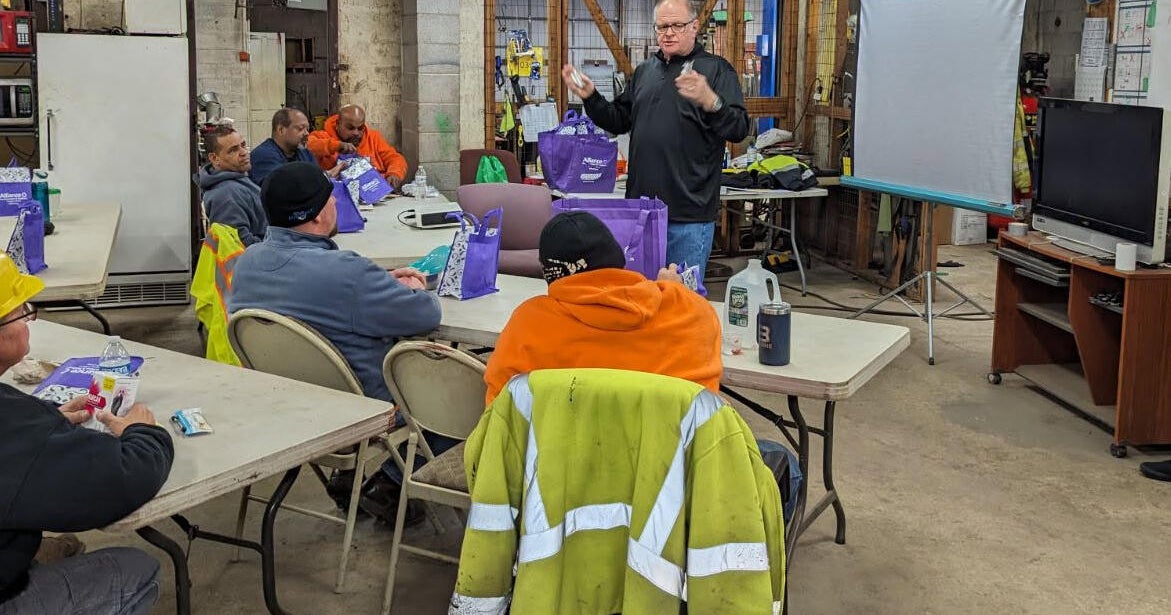Safe Staffing Row: Nurses' Union Accuses Health NZ of Prioritising Cost Over Patient Safety

Nurses' Union Alleges Health NZ Compromised Patient Safety in Pay Negotiations
New Zealand’s largest nurses’ union, the New Zealand Nurses Organisation (NZNO), has launched a scathing attack on Health NZ (formerly the District Health Boards) accusing them of sacrificing patient safety in favour of cost savings. The core of the dispute lies in the removal of a legally binding ‘safe staffing’ agreement from Health NZ’s latest contract offer to nurses.
Safe staffing levels have long been a critical issue within the New Zealand healthcare system. The NZNO argues that guaranteed minimum staffing ratios are essential to ensuring patients receive the quality care they deserve and to protect nurses from burnout and excessive workloads. The previous agreement, which Health NZ has now withdrawn, provided a framework for ensuring these levels were maintained, allowing for flexibility while holding the organisation accountable.
Why is Safe Staffing So Important?
The importance of adequate nurse staffing cannot be overstated. Insufficient staffing leads to a cascade of negative consequences, including:
- Increased patient risk: Overworked nurses have less time to monitor patients, administer medication accurately, and respond promptly to emergencies.
- Burnout and stress: Constant pressure and heavy workloads contribute to nurse burnout, impacting their well-being and potentially leading to errors.
- Reduced quality of care: Rushed care and compromised attention to detail can negatively impact patient outcomes.
- Increased nurse turnover: Poor working conditions, including inadequate staffing, drive nurses to seek employment elsewhere, exacerbating the staffing shortage.
Health NZ's Response and the Union's Concerns
Health NZ maintains that the removal of the safe staffing agreement is a necessary step to address the significant financial challenges facing the healthcare system. They argue that a rigid, legally binding agreement is inflexible and hinders their ability to respond to fluctuating patient needs and budgetary constraints. Instead, they propose a new approach based on local decision-making and collaborative planning.
However, the NZNO remains unconvinced. They believe that Health NZ’s proposed alternative lacks the necessary guarantees to protect patient safety and nurse well-being. “Removing this commitment sends a clear message that patient safety is not a priority,” stated a spokesperson for the NZNO. “We cannot accept a contract that potentially puts our patients and our members at risk.”
What Happens Next?
Negotiations between the NZNO and Health NZ are ongoing. The union is determined to reinstate the safe staffing agreement as a non-negotiable condition of any new contract. The outcome of these negotiations will have significant implications for the future of nursing in New Zealand and the quality of healthcare provided to all New Zealanders. The dispute highlights the ongoing tension between budgetary pressures and the fundamental need to prioritise patient safety within a publicly funded healthcare system. The public will be watching closely to see if a resolution can be reached that protects both patients and nurses.
Further updates on the negotiations will be provided as they become available.






